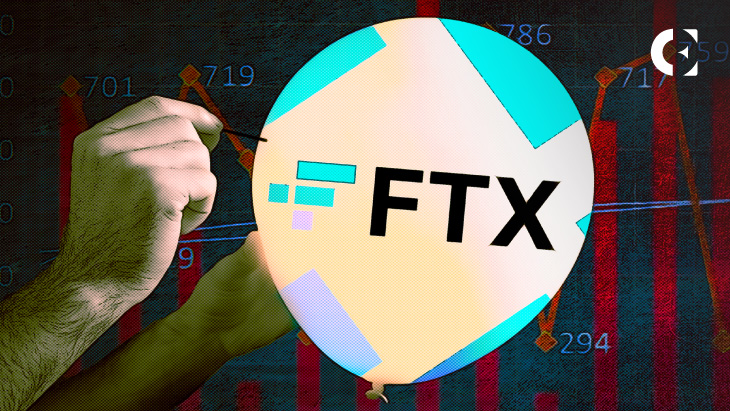- FTX settled a lawsuit to recover funds spent on its ill-fated European expansion.
- The settlement involved selling back the acquired European subsidiary for $32.7M.
- This move prioritizes payouts to FTX’s EU customers amid bankruptcy proceedings.
Bankrupt crypto exchange FTX has settled a lawsuit to recover funds spent on its ill-fated European expansion. The settlement, totaling $33 million, ended a legal battle that stemmed from FTX’s acquisition of a European startup for $323 million.
The lawsuit targeted the acquisition of Zurich-based Digital Assets DA AG, which FTX rebranded as FTX Europe in 2021. FTX had alleged that the purchase price was exorbitant and made using FTX customer funds. However, the founders of Digital Assets DA AG, Patrick Gruhn, and Robin Matzke, contested FTX’s claims and sought $256.6 million from FTX in return.
Following extensive legal wrangling, FTX determined that selling back the European subsidiary to its original founders for $32.7 million was the most viable option. Court documents filed in Wilmington, Delaware bankruptcy court revealed FTX’s rationale, citing the unlikelihood of finding another buyer for FTX Europe.
Matzke, one of the founders of Digital Assets DA AG, expressed contentment with the settlement. He highlighted the importance of facilitating speedy payouts to FTX’s EU clientele.
The settlement represents a pragmatic approach by FTX to address its financial obligations and streamline its operations amid bankruptcy proceedings. FTX has been embroiled in similar legal battles to recover funds from various entities. It includes a former top FTX lawyer, the founders of the Embed stock trading platform, and other bankrupt crypto firms.
The case, FTX Trading Ltd v. Lorem Ipsum UG et al., was heard in the U.S. Bankruptcy Court for the District of Delaware. Legal representation for FTX included Steven Holley, Stephen Ehrenberg, Brian Glueckstein, and Christopher Dunne of Sullivan & Cromwell LLP.
Disclaimer: The information presented in this article is for informational and educational purposes only. The article does not constitute financial advice or advice of any kind. Coin Edition is not responsible for any losses incurred as a result of the utilization of content, products, or services mentioned. Readers are advised to exercise caution before taking any action related to the company.







